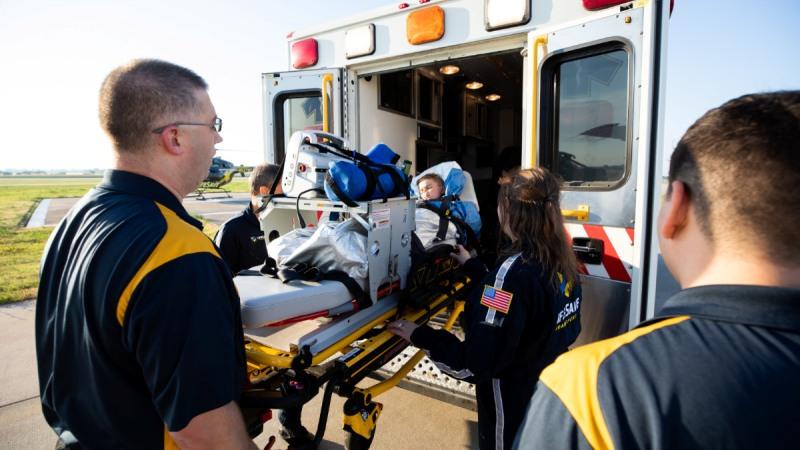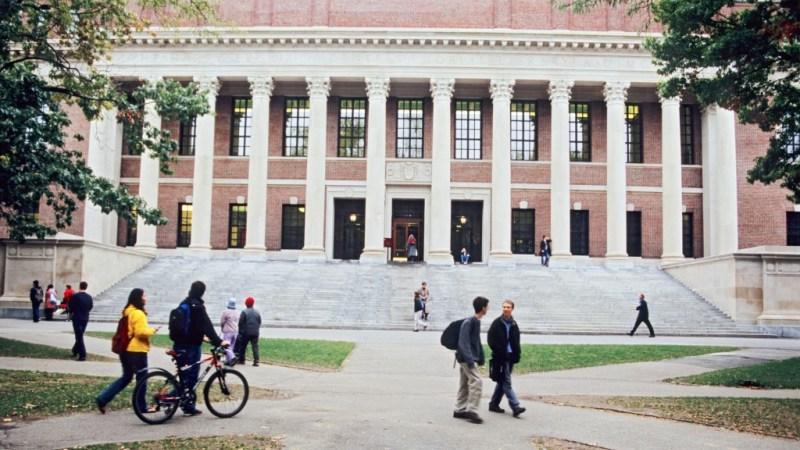
If you are thinking of a career in teaching Pre-K through Senior High School, plan now to earn a master’s degree. In the past and in most states, teaching required a bachelor’s degree plus state certification. In the future, you will need an advanced degree although it may not be in your subject area.
Why make it tougher?
It may be sharp to say, but too many teachers are not fit to walk into the classroom. Undergraduate education it not as demanding as it once was, internships may not be in the same environment, and too much of the undergraduate focus is on theory and research.
The best teachers may be exceptions to this history. They may have presentation and people skills enough that they could learn at home. But, this is really the rare exception. The so-called born teacher is really the result of a lot of process. Charm and gregariousness are not enough; nurturing and caring instincts are not enough.
Why ask more of candidates?
Teaching has radically changed as a career.
- Administrative and extracurricular responsibilities have increased.
- Parental interaction has increased in volume and quality.
- Subject areas are expanding exponentially with new information.
- External compliance – public and regulatory – is escalating.
- Unions have lost much of their influence, and customer satisfaction has new demands.
- Social pressures and expectations have changed.
- Social behavior has deteriorated.
The teaching vocation simply wants a lot more of you.
Showing your worth
The old normal schools assumed that, if you had enough subject matter in your head – geography, math, language, whatever – you were the better teacher. That comes from one room school houses with rural values.
Obviously, you need the degree and credits that your state requires. Some states have stopped their certification requirements, but the more you bring to your possible employer the better.
Near future expectations
You should not be offended to discover that teachers with bachelor’s degrees are “a dime a dozen.” One problem with the profession is that everyone thinks that anyone can teach. You have all had those kinds of teachers who fell out of some other career.
Demands are higher now, although they vary in region and environment. Large urban areas have needs that differ from mid-sized urban areas that expect more than some suburban areas, and so on. So, we start at the beginning.
- Any teacher needs the core curriculum of a four-year college degree.
- Candidates want to present a balance of course work in a specific field and course work in education.
- Obviously, course work that takes a student into the classroom experience is valuable, but that experience needs to be pro-active rather than babysitting.
- Teacher students need to select courses well. For example, a science teacher does not benefit from a research oriented course as much as application courses.
What you need to do
If you find yourself deciding to teach pre-K to high school in the midst of your bachelor’s degree, reconsider your curriculum. Change your course selection and make up the courses you need even if it means taking extra courses.
If you are just starting with full intent of teaching school, reconsider the curriculum the college had laid out for you.
- Find out what your target school system requires (different than the base certification your college has in mind).
- Choose in-class experience over research requirements.
- Seek the most challenging teaching/internship experience available.
- And, plan on your next degree.
Your continuing education
Teacher’s who want advancement and more money need more than a bachelor’s degree, and there are many online masters in teaching programs to accomodate teachers who have a strict schedule and cannot attend set class times at a traditional campus.
- Successful teaching is a life-long continuing education.
- Online learning provides an excellent opportunity for degrees and certifications in teaching administration, leadership, and management.
- MA degrees develop teachers in mentorship, classroom management, and leadership.
- And, MBA degrees develop master teachers, education management, and school administration.
Every teacher has to define what s/he wants to do. If you want and expect to stay in the classroom for the rest of your career, classroom management is your degree specialty. If you want to advance through your education career, you need to pursue continuing and advanced education.



